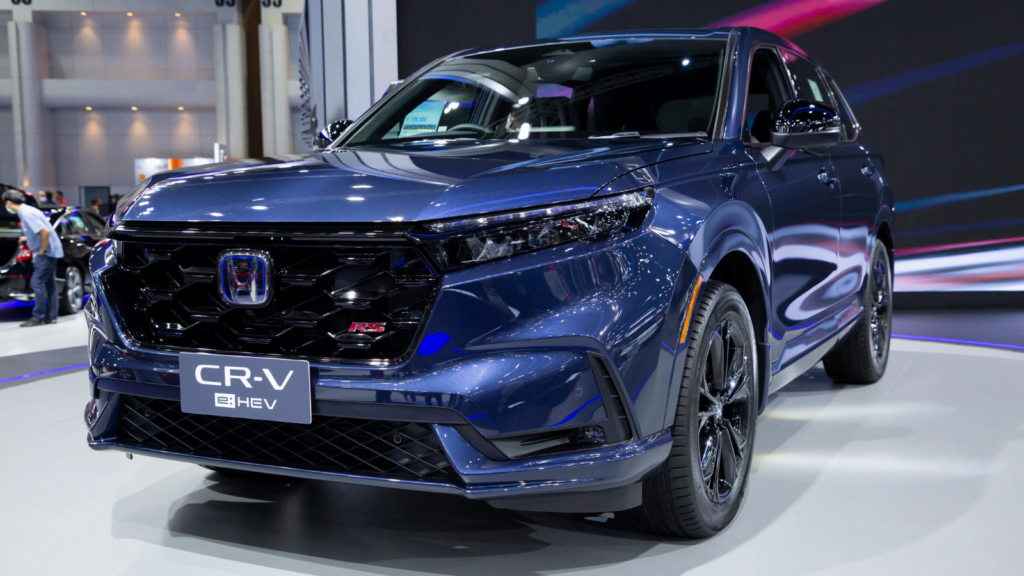Do we need autonomous cars in the first place? Are we becoming too reliant on technology for tasks humans traditionally perform? The reasons are straightforward. First, autonomous cars can significantly reduce human error and prevent potential collisions thanks to precise calculations and faster reflexes than any human. Additionally, these vehicles empower people with disabilities, providing greater independence and mobility. This article lists the eight most advanced autonomous cars of 2024, proving that the future is now.
Tesla Model S Plaid
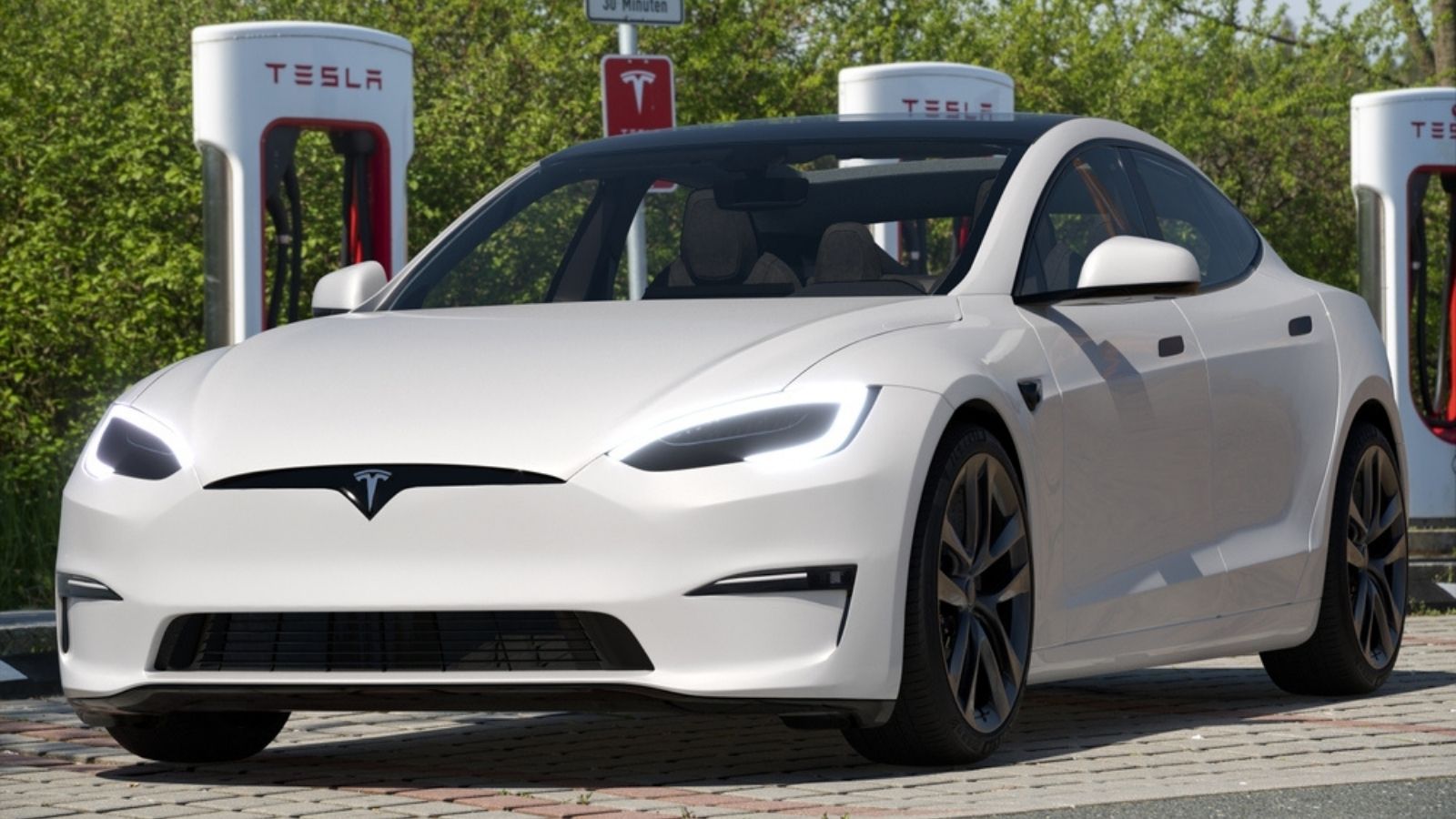
Tesla has to be the first one to be talked about. As it is evident, it leads the pack with its flagship Model S Plaid. It is equipped with Tesla’s Full Self-Driving (FSD) suite. It is well known for its performance as an autonomous car. Key features include:
- Full Self-Driving Suite: The FSD suite has excellent features like Navigate on Autopilot, Auto Lane Change, and Summon. These allow the car to navigate highways, change lanes, and even park perfectly.
- Enhanced AI and Sensors: The Model S Plaid has eight cameras, ultrasonic sensors, and a powerful onboard computer that assesses the environment and makes real-time driving decisions.
Mercedes-Benz EQS
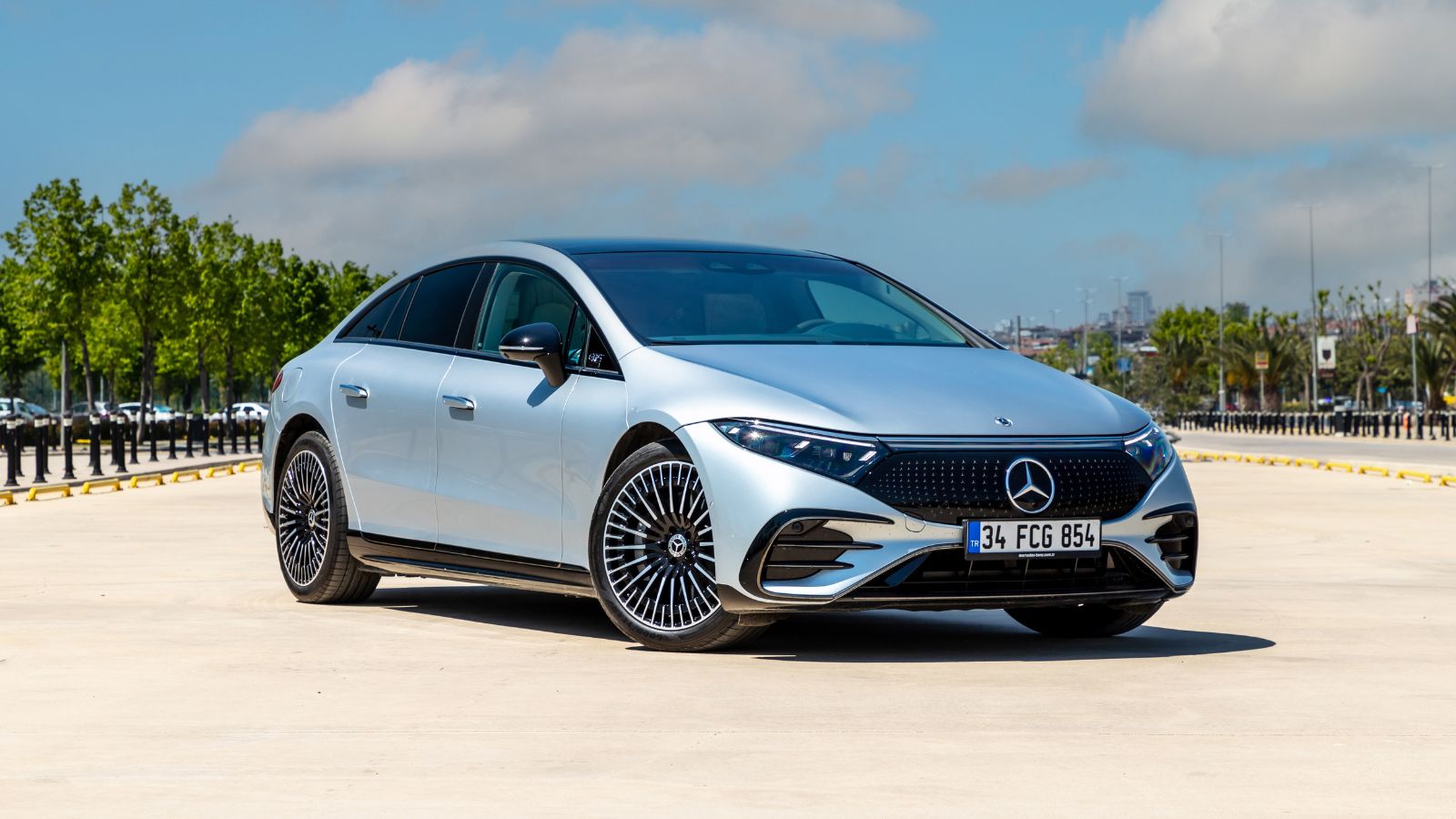
Mercedes created the EQS, a luxury electric sedan full of luxury and tech. It brings the Drive Pilot system that represents the Mercedes take on autonomy. Key features include:
- Drive Pilot: This system offers Level 3 autonomy on specific highways, which means that the car can handle driving tasks such as steering, acceleration, and braking while the driver is in steady mode to take control if necessary.
- High-Resolution Sensors: This car uses LiDAR ( which navigates through laser) cameras, radar, and ultrasonic sensors to create a detailed 3D map of the surroundings. It is unbelievably futuristic.
Audi A8
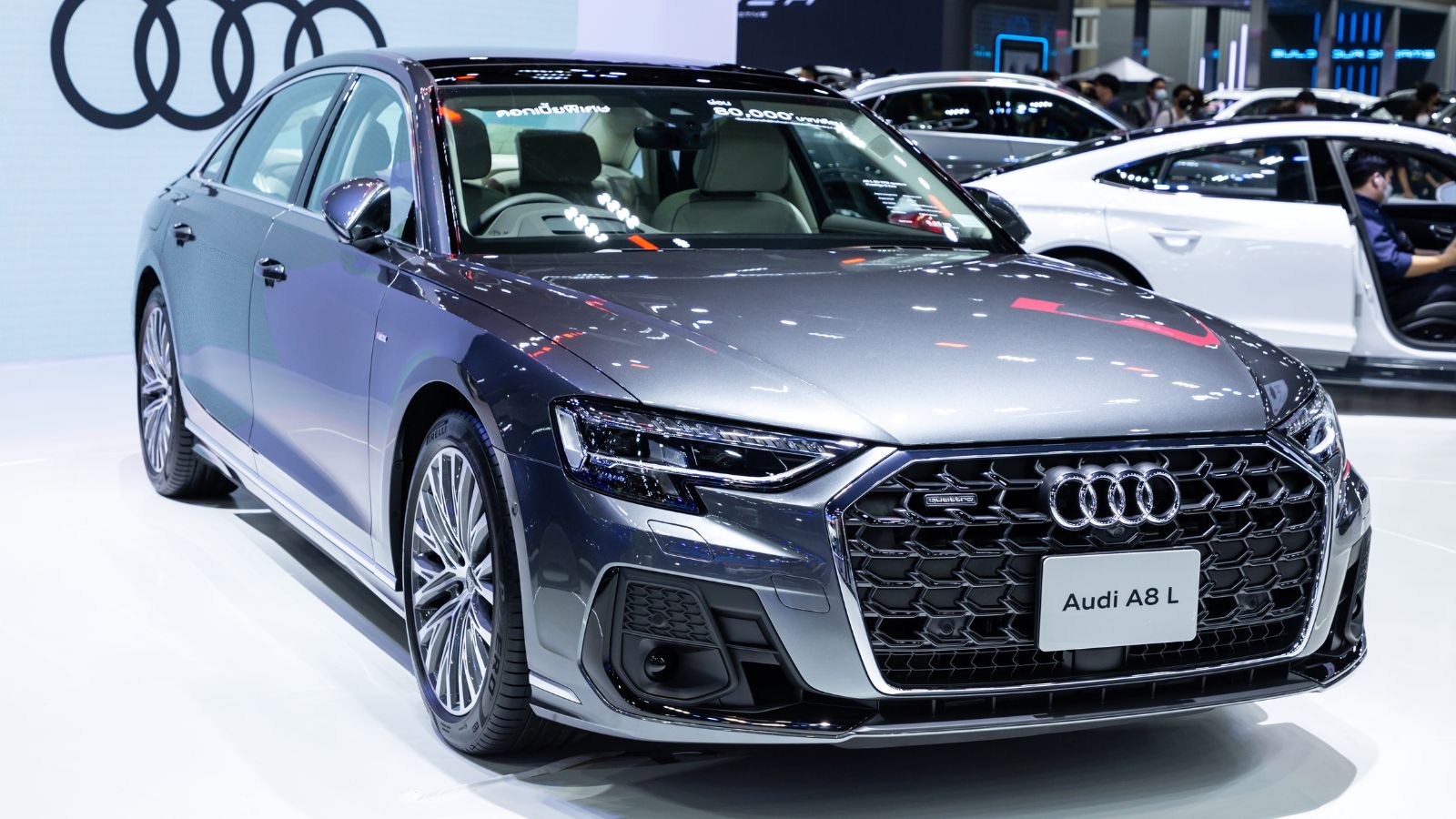
The Audi A8 is famous for its luxurious uptake and high-tech features. It runs on Audi’s very own AI Traffic Jam Pilot system. Key features include:
- AI Traffic Jam Pilot: This Level 3 autonomous system is designed for use in highway traffic jams. It allows the driver to relax while the car handles driving duties.
- Sensor Fusion Technology: The A8 employs a combination of LiDAR, radar, cameras, and ultrasonic sensors to monitor its environment and make driving decisions.
BMW iX
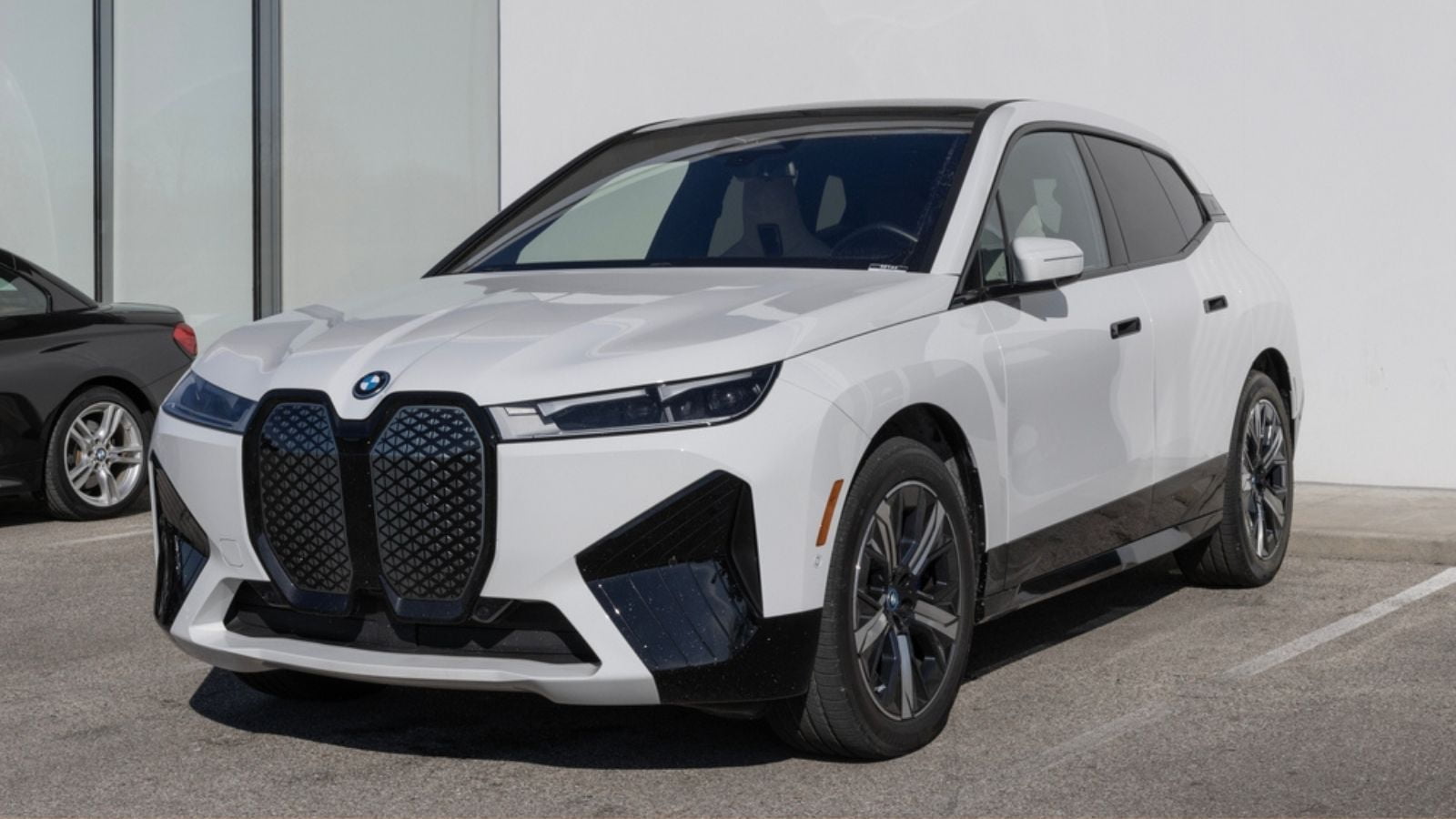
Most companies have used compact cars to create their version of self-driven vehicles. Very few have tried it on SUVs, and BMW is one of them. The BMW iX is an all-electric SUV that showcases BMW’s latest advancements in autonomous driving. The iX features the BMW Personal CoPilot system, which offers a range of autonomous capabilities. Key features include:
- Personal CoPilot: This system includes highway assist, automated lane changing, and remote parking features.
- Advanced Connectivity: The iX uses 5G to enhance its autonomous driving capabilities, enabling real-time data exchange with other vehicles and infrastructure.
Cadillac Lyriq
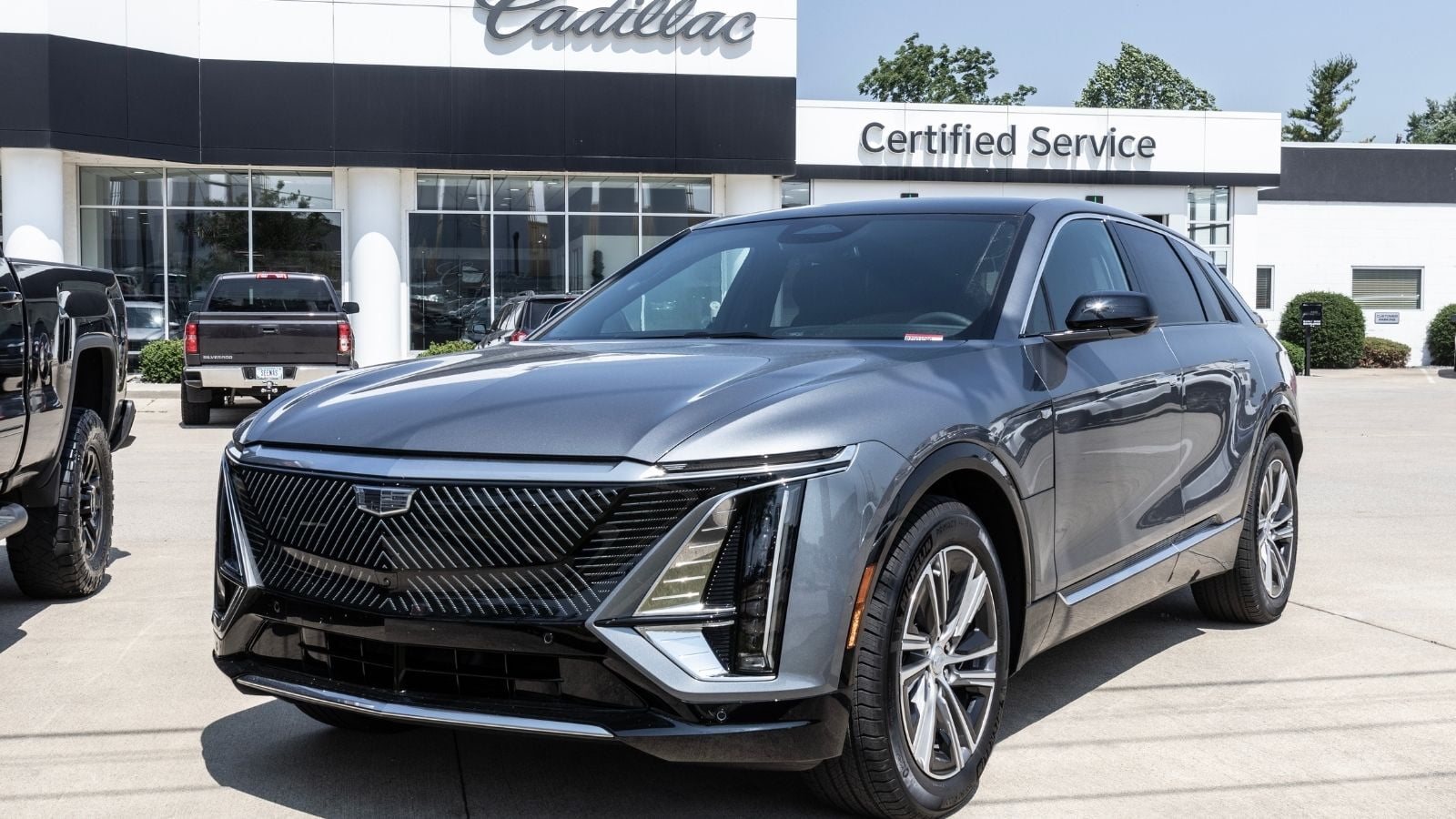
Cadillac Lyriq is as smooth as its name. It is an electric SUV. It is managed by the Super Cruise system, one of the most advanced hands-free driving systems available today. Key features include:
- Super Cruise: This Level 2 autonomous system allows for hands-free driving on compatible highways, using a combination of LiDAR map data, GPS, cameras, and radar sensors.
- Driver Attention System: Ensures the driver remains engaged and ready to take control, enhancing safety.
Waymo One
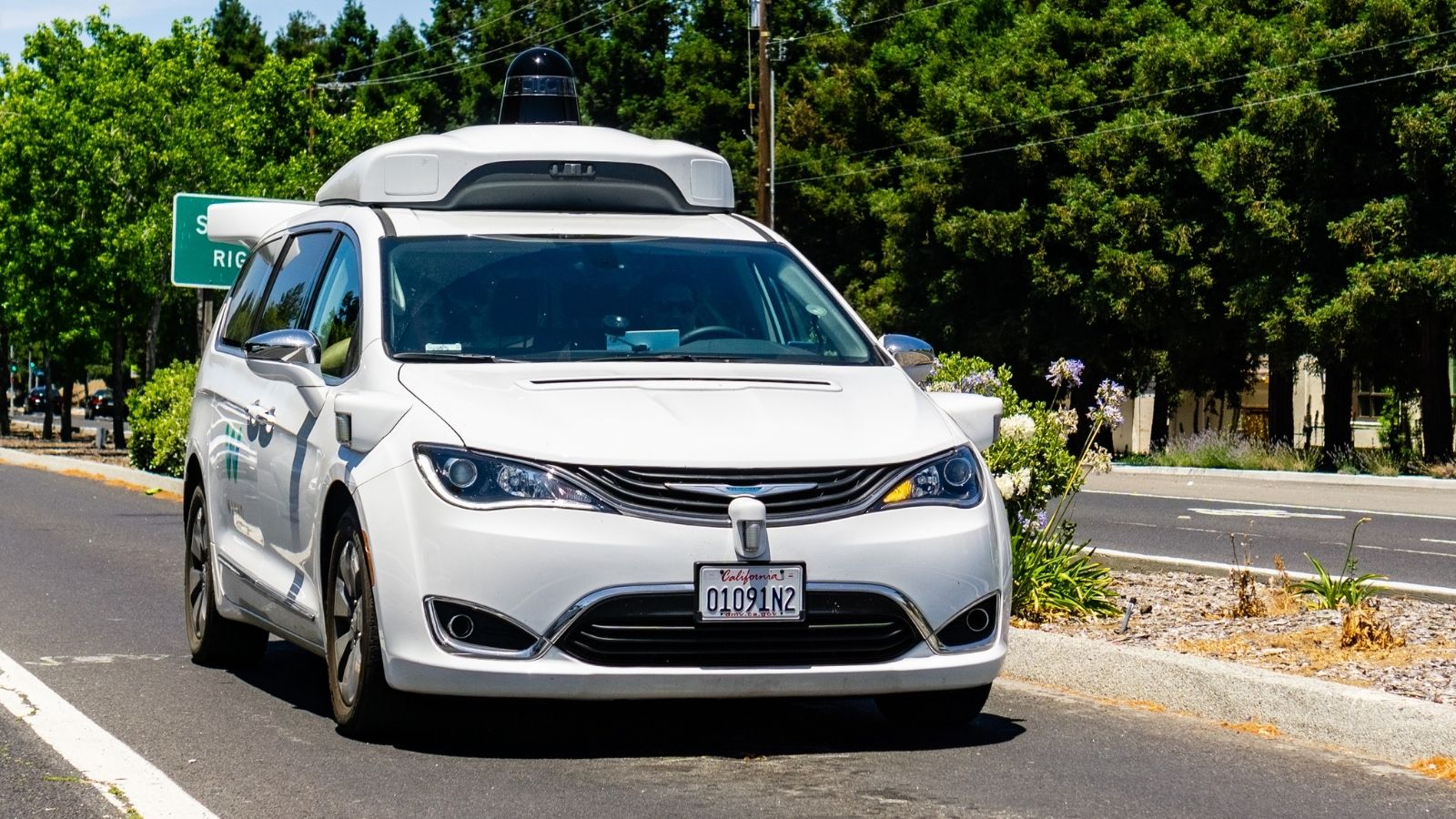
Waymo, a child of Alphabet Inc., launched the Waymo One, which is actually an autonomous rider service. It is not a consumer car. But it holds the future within; possibly, when the kids attend school in the coming years, their guardians won’t have to drive them. Key features include:
- Fully Autonomous Operation: Waymo One vehicles operate without a human driver in certain areas, offering an actual Level 4 autonomous experience.
- Advanced Sensor Suite: This suite includes LiDAR, radar, and cameras, which provide a 360-degree view and real-time analysis of the surroundings.
Nissan Ariya
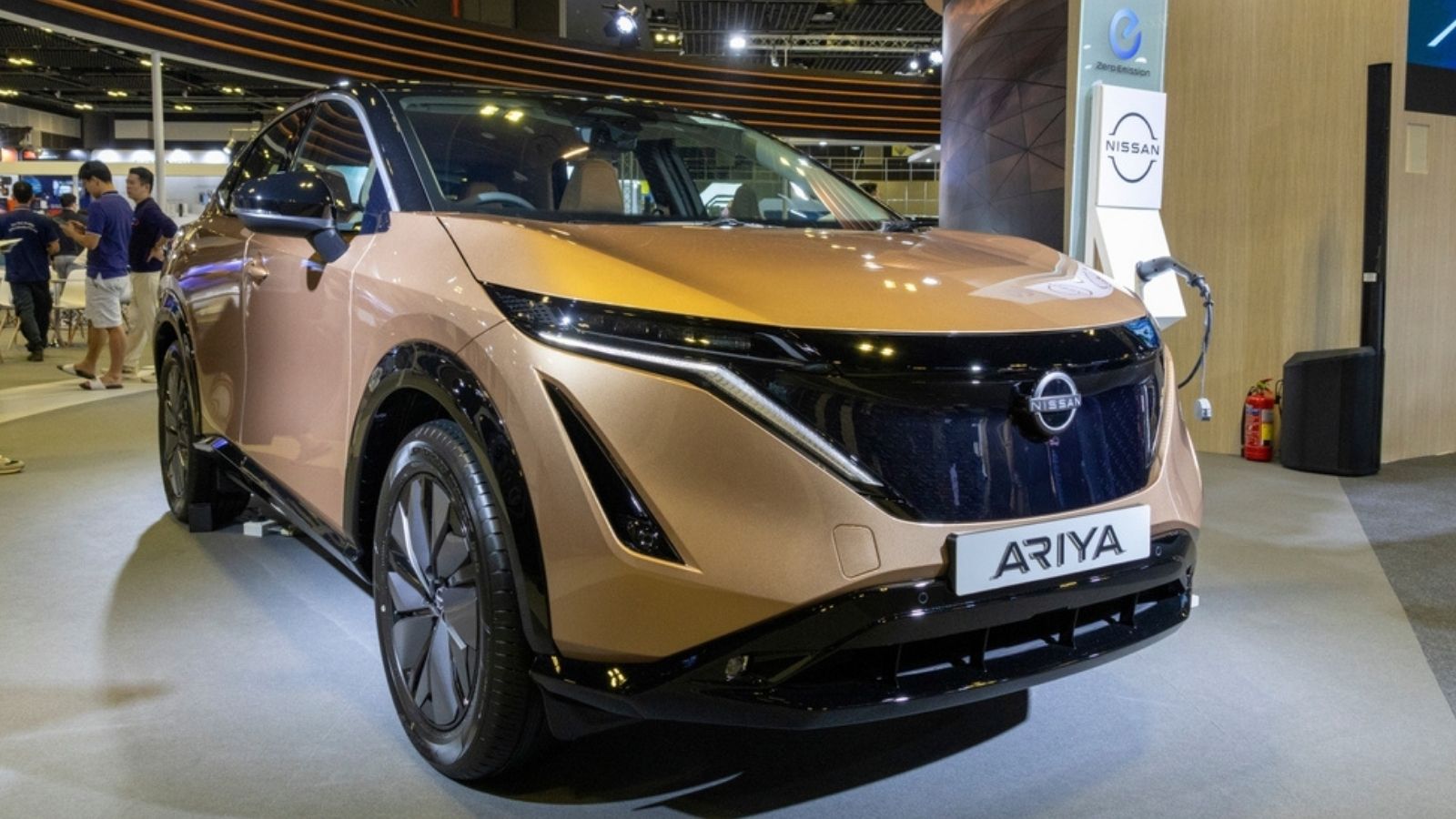
The Nissan Ariya is a sweet electric crossover that features ProPILOT 2.0, an advanced driver-assistance system designed by Nissan researchers. Key Features include:
- ProPILOT 2.0: Offers hands-off single-lane driving, automated lane changes, and guided highway driving, all under the driver’s supervision.
- Seamless Integration: Combines data from cameras, radar, and ultrasonic sensors to understand the driving environment comprehensively.
Rivian R1T
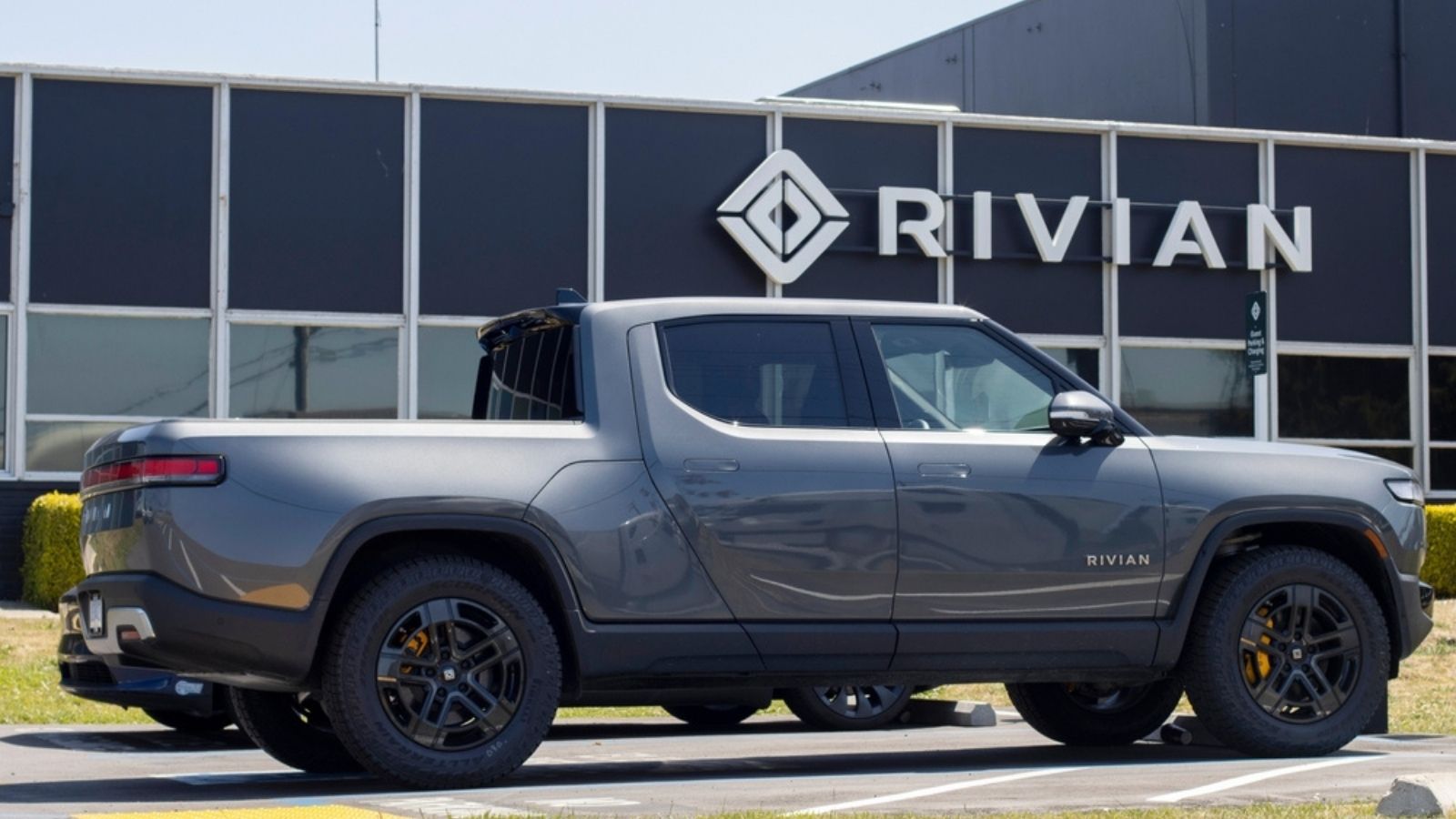
We have seen compact cars, luxury cars, and even SUVs running without a human mind, so why not a truck be one of them? The Rivian R1T is an electric pickup truck. And it is controlled by Rivian’s Driver+ system. Key features include:
- Driver+: Includes features such as adaptive cruise control, lane-keeping assist, and automated lane changes. It also has a hands-free driving mode for specific conditions.
- Off-Road Capability: Rivian’s focus on adventure means that Driver+ also includes features tailored for off-road driving, enhancing safety in diverse environments.
15 Most Reliable Cars Ever Made — Why They Never Quit
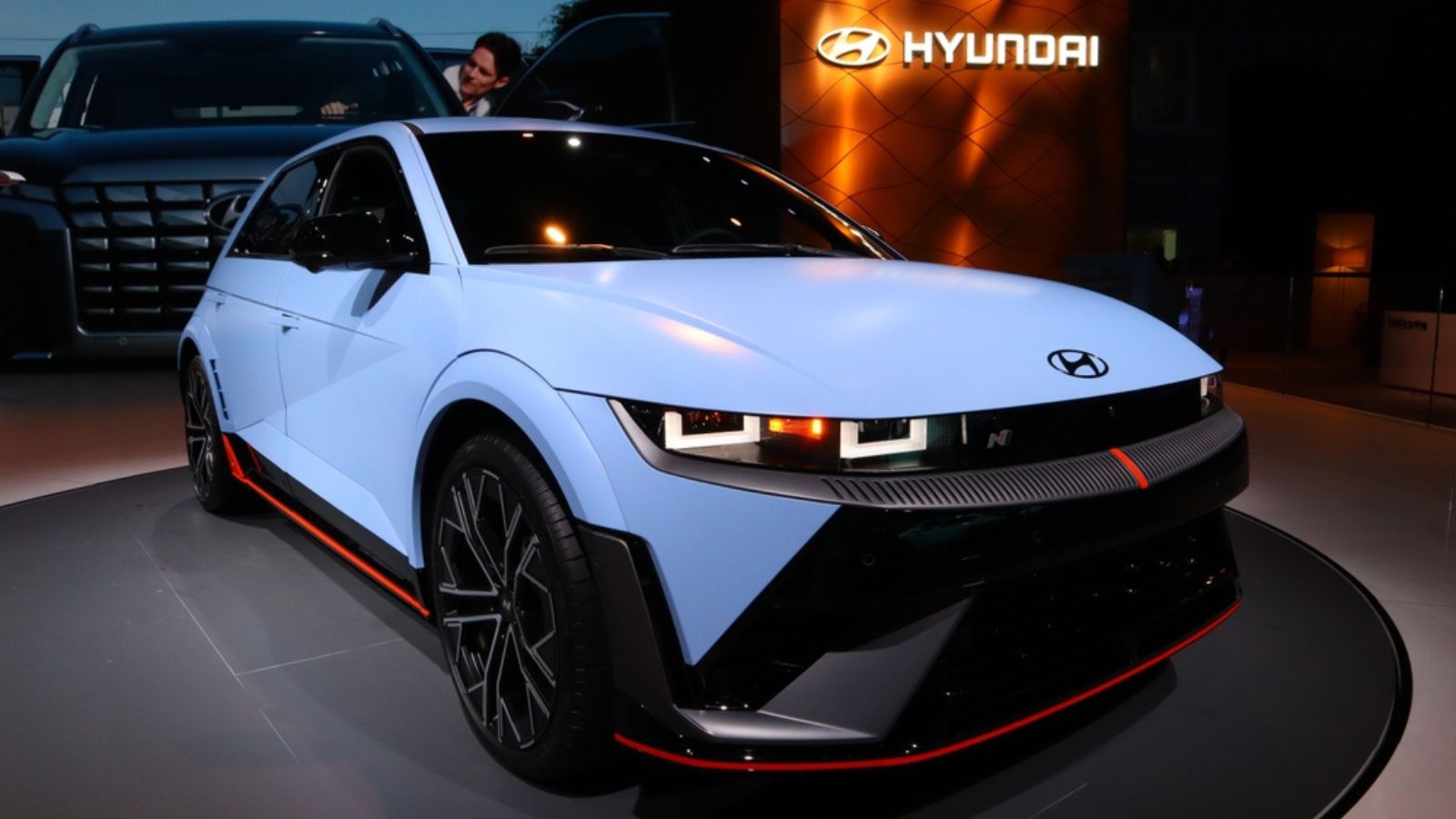
Some claim that the dependability of autos has decreased. Modern cars have a shorter lifespan than some cars manufactured between the 1970s and the 1990s, but some new and used cars today are good enough to last for at least ten years and up to 500,000 miles. When these vehicles break down, most problems are relatively simple, and many don’t have serious difficulties. Here are 15 of the most reliable cars ever made:
15 Most Reliable Cars Ever Made — Why They Never Quit
